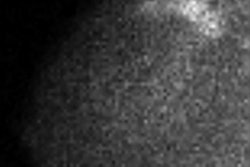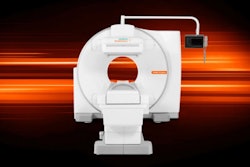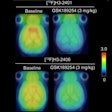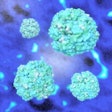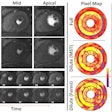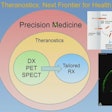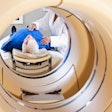A new molecular breast imaging (MBI) protocol can identify more metastasized cancer, according to research presented at the Society of Nuclear Medicine and Molecular Imaging (SNMMI) annual meeting in St. Louis.
Dr. Donald Neumann, PhD, of the Cleveland Clinic, and colleagues found that a bigger dose of a technetium-99m (Tc-99m) filtered sulfur colloid agent in patients undergoing lymphoscintigraphy identified disease that had spread to their lymph nodes. Neumann's group increased the dose from 0.4 mCi to 3.0 mCi.
The researchers also found that imaging could be improved by injecting the agent the day before surgery. Of 51 patients imaged the day before surgery, 39 had cancer that had spread to their lymph nodes and 12 patients' scans showed multiple lymph-node malignancy. Of 49 patients injected with the agent the morning of their surgery, only 24 showed cancer that had metastasized to their lymph nodes.
Imaging the morning before surgery resulted in 76% sensitivity for detecting advanced breast cancer, compared with 49% for imaging the day of surgery, the group concluded.







